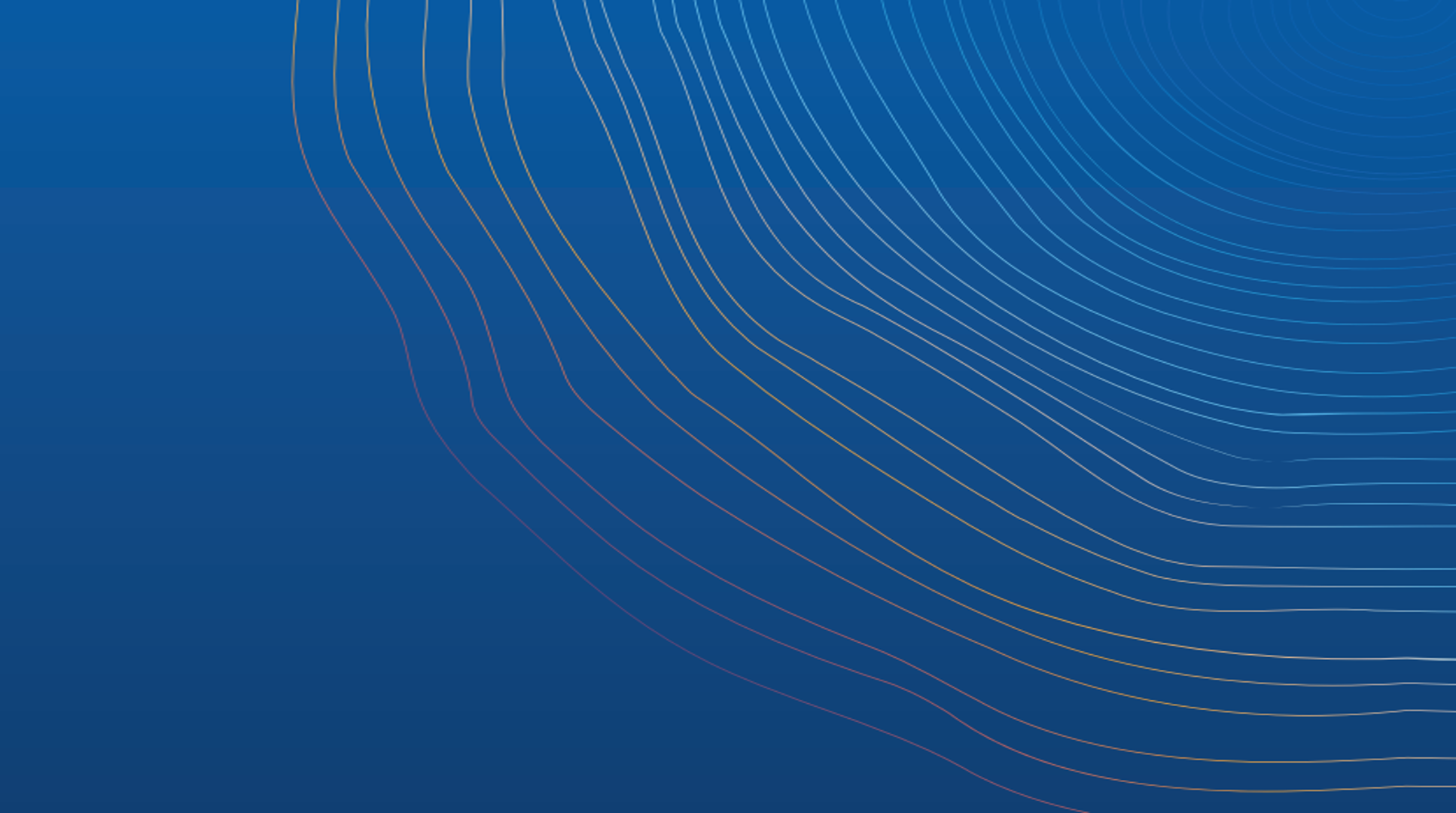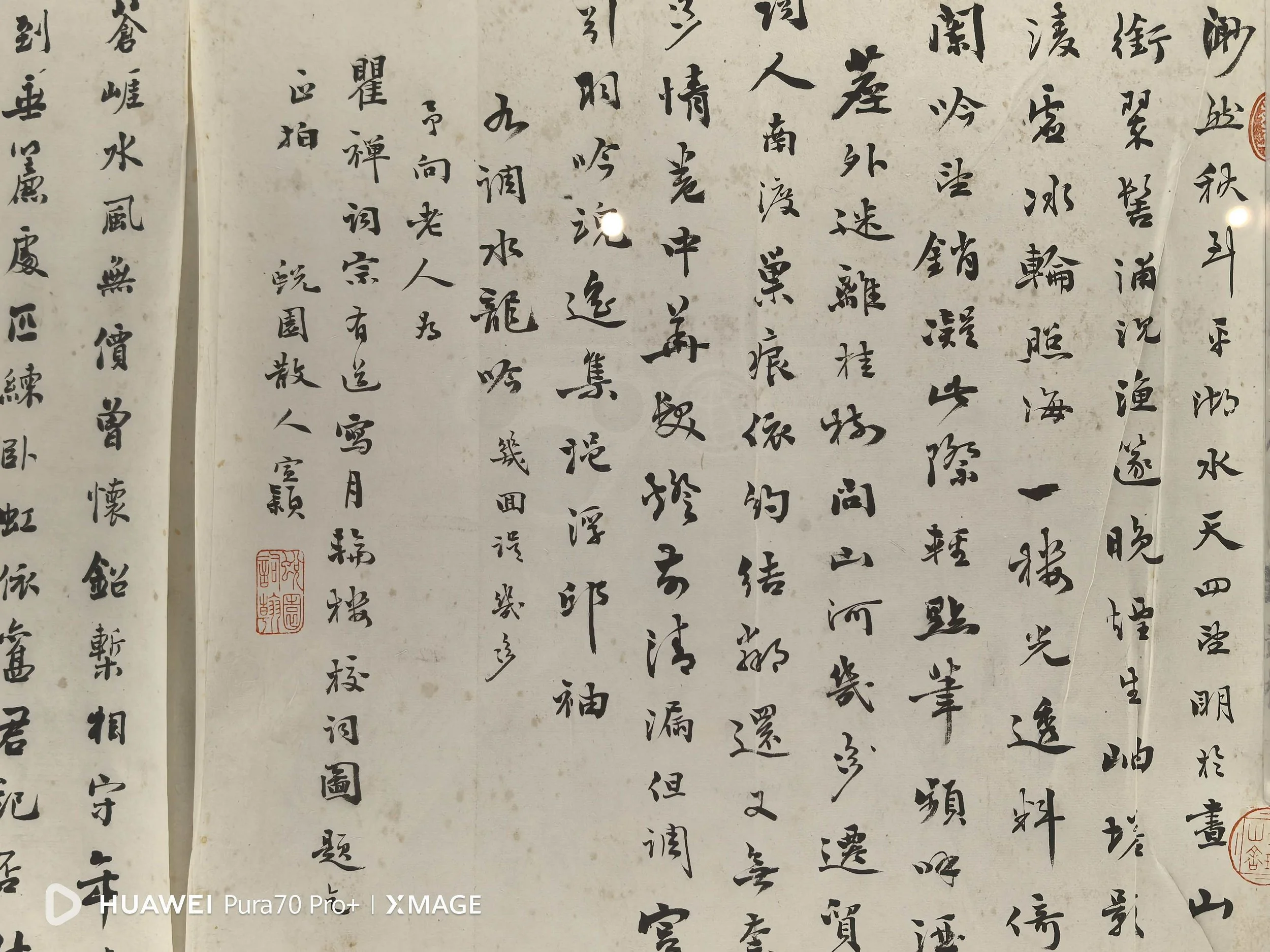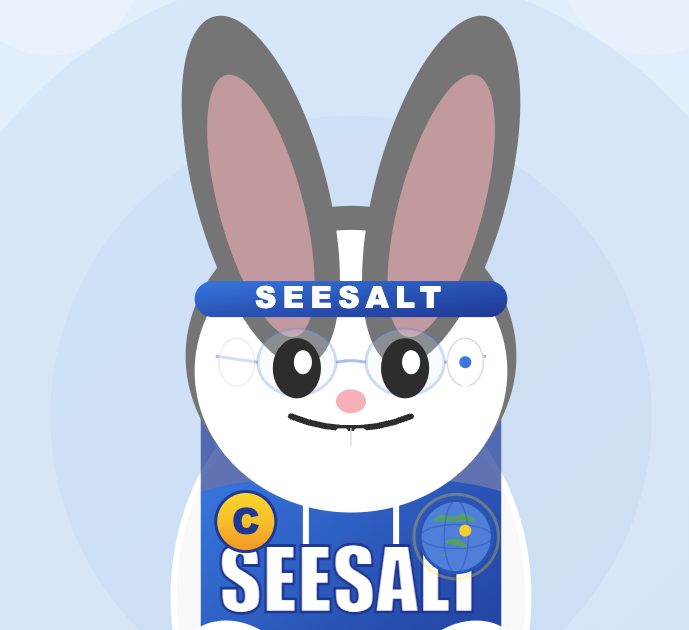
SEESALT Reading LIST
世光书单
Sowing Light, Harvesting Eternity
no more than 6g of salt a day
This curated collection represents SEESALT's philosophy: rigorous, decolonized, youth-centered, and grounded in both theory and practice. Unlike overwhelming bibliographies, we've selected 40+ transformative texts that fundamentally reshape how you understand development—prioritizing depth over breadth, centering Global South scholars, and building a coherent narrative from critique to action.

Our Three Principles
1. Selectivity Over Comprehensiveness Each text has been chosen for its capacity to fundamentally transform understanding, not just for influence. Better to deeply engage with 10 works than skim 100.
2. Epistemological Diversity We center African scholars—Ahmed Samatar, Wangari Maathai, Mahmood Mamdani, Walter Rodney, Ngugi wa Thiong'o—whose work offers foundational reconceptualizations, not just "alternative perspectives."
3. Coherent Narrative Progression Readings build from questioning what development means → understanding how power shapes outcomes → acquiring tools for ethical intervention. This is a conversation to join, not a checklist to complete.

Featured Books: Your First Month
Walter Rodney | How Europe Underdeveloped Africa (1972) Before discussing "development," understand underdevelopment as historical process. Essential for grasping why institutional capacity was actively dismantled, not simply absent.
Wangari Maathai | Unbowed (2006) How a Kenyan woman built the Green Belt Movement—51 million trees and political transformation. World-changing movements begin with local action, not global blueprints.
Ahmed Samatar | An African Miracle (1999) Why Botswana succeeded: not external intervention, but domestic leadership and political settlements. Critical for understanding SEESALT's ICGT framework. Samatar teaches at Macalester—SEESALT's home institution.
Arturo Escobar | Encountering Development (2011) Development as discourse—how language shapes what interventions become thinkable. Learn to question your own categories.

The SEESALT Reading Arc
Act I: Deconstruction (Weeks 1-3) Question everything. Key texts: Rodney, Escobar, Ferguson, Mamdani
Act II: Reconstruction (Weeks 4-6) Build new foundations from Global South. Key texts: Sen, Samatar, Ngugi, Adichie
Act III: Power Analysis (Weeks 7-9) Master political economy. Key texts: Scott, Andrews et al., Khan
Act IV: Ethical Practice (Weeks 10-12) Tools for genuine participation. Key texts: Chambers, Cooke & Kothari, Anderson
Act V: Systems Leadership (Ongoing) Lead adaptive change. Key texts: Meadows, Ramalingam, Heifetz, Maathai

Why African Scholars Matter
For too long, development studies treated African contexts as case studies for Northern theories. SEESALT rejects this epistemic violence.
Ahmed Samatar reconceptualizes African states on their own terms. Mahmood Mamdani explains institutional weakness through colonial legacy. Walter Rodney shows underdevelopment as extraction, not absence. Wangari Maathai proves grassroots movements transform societies. Ngugi wa Thiong'o challenges colonial violence in language itself.
These scholars don't offer "alternative perspectives"—they provide foundational frameworks that should have been central all along.

How to Use This List
Not a curriculum—a conversation. Read critically, asking: Whose perspectives are centered? What does this framework obscure? How does author positionality shape analysis?
Priority levels guide you: Foundation (★) = first month | Core (★★) = first quarter | Advanced (★★★) = ongoing
Combine reading with action. SEESALT's strength is dialogue between theory and practice. Use texts to inform fieldwork, let fieldwork reveal what texts miss.



